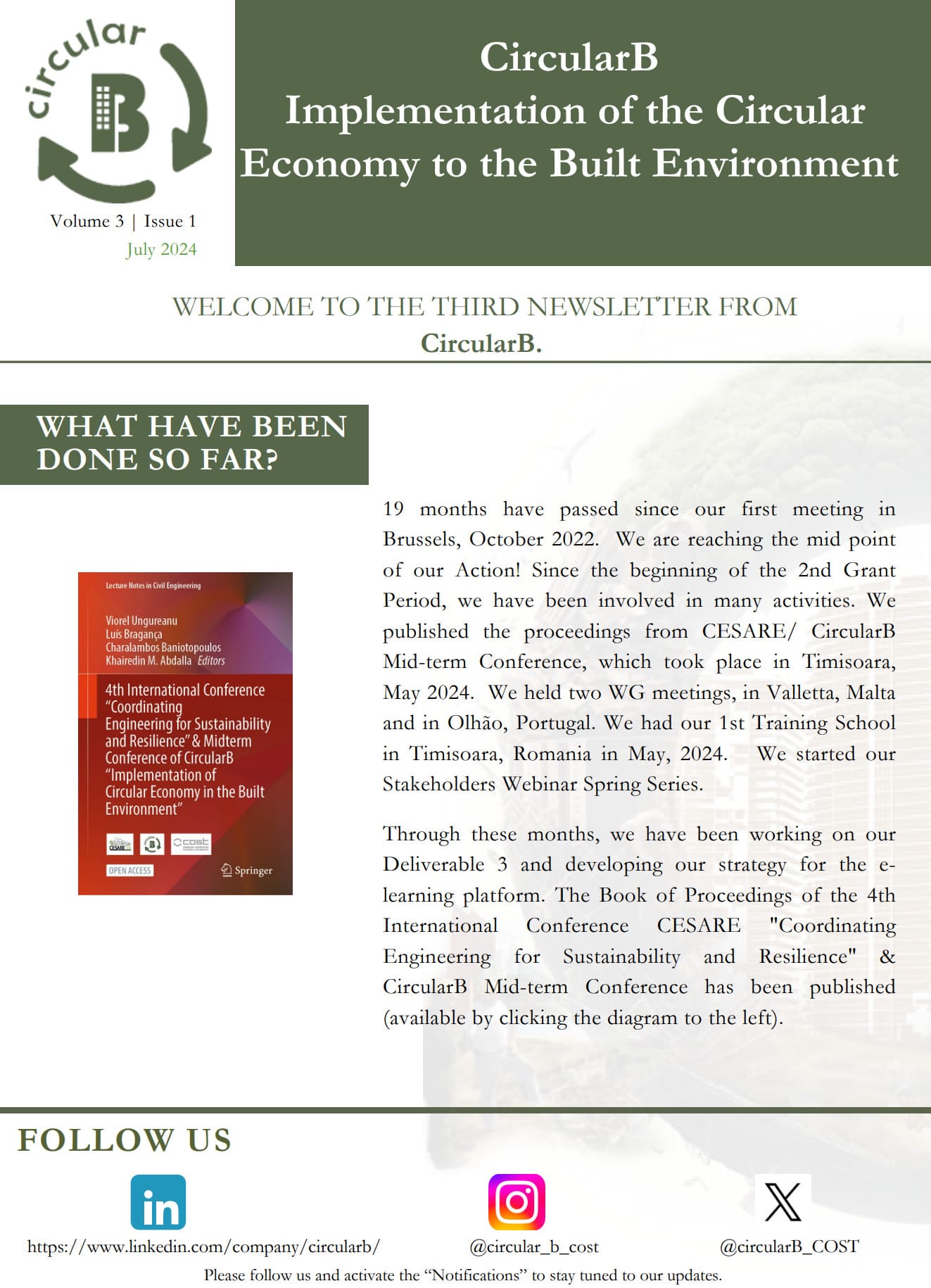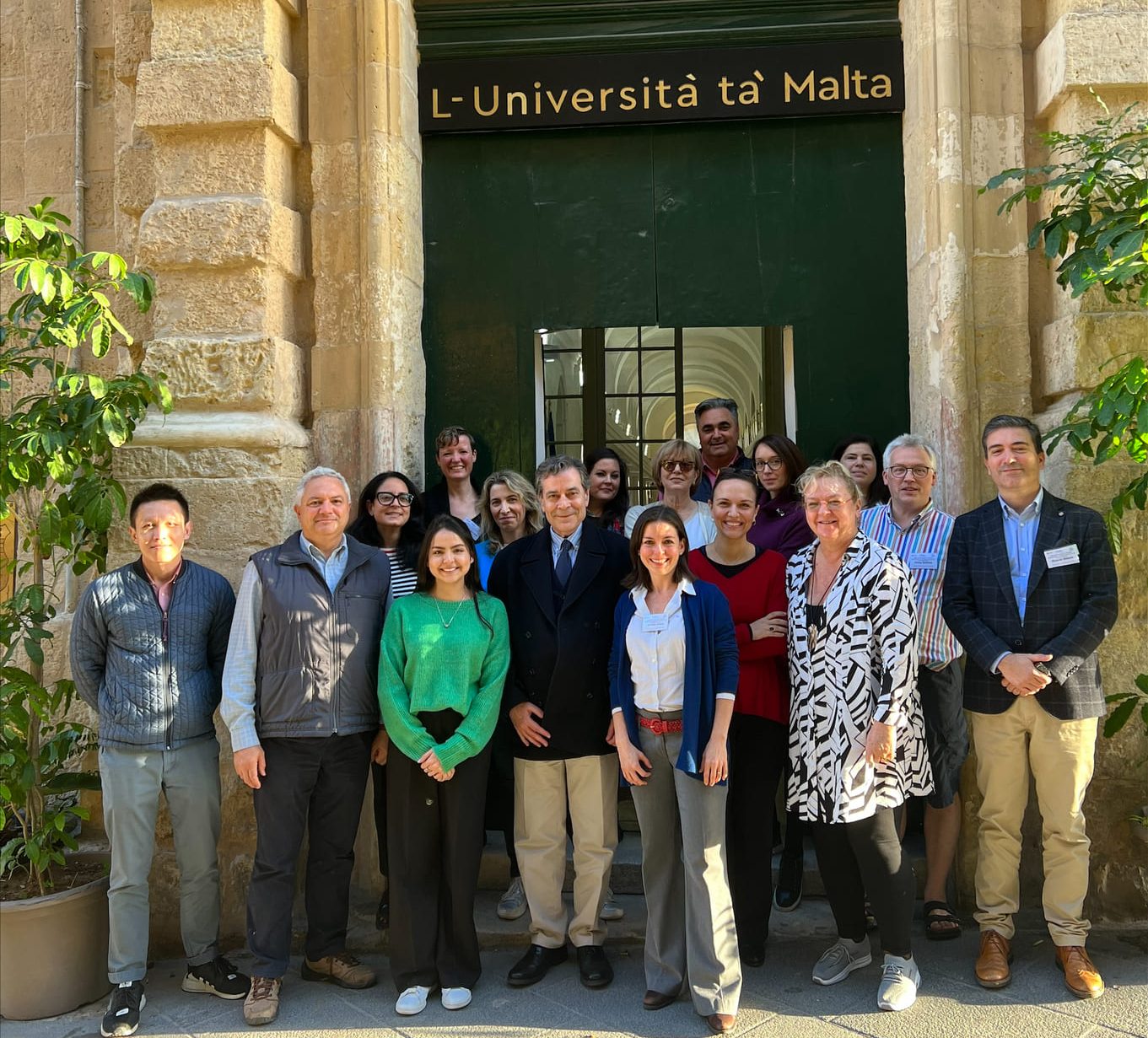Build UP is hosting a series of six webinars organised by CircularB Action. The second webinar, Stakeholder Webinar Series 2 – Policy Shapers and Regulators will focus on Policy Shapers and Regulators, shedding light on the policies, regulations, and initiatives introduced by the OECD, the EU, and local authorities to promote circularity in construction. Shaping consistent policies that tackle regulatory uncertainties is essential for fostering investments in circular construction projects.
The first presentation will provide an overview of the OECD Southeast Europe Regional Programme’s projects aimed at promoting circular economy (CE) initiatives. It will focus on the project ‘Supporting Green Transition through Circular Economy in the Western Balkans’ co-funded by the European Union, which offers support for designing and implementing CE roadmaps. It will also delve into the main findings from the CE roadmaps developed for Albania and North Macedonia, highlighting priority areas and related measures. Notably, since the construction sector has been identified as a priority in North Macedonia’s roadmap, the presentation will outline the main measures proposed for this sector.
The transition pathway for construction will be presented next, outlining the requirements and steps needed to create a resilient, competitive, sustainable, and technologically advanced construction industry. The overview of the Construction Products Regulation will highlight the importance of harmonized rules for placing construction products on the market in the European Union. Furthermore, the second presentation will touch upon the current initiatives being implemented to manage construction and demolition waste, which constitutes more than a third of the waste generated in the EU.
Cities are becoming more aware of the necessity to promote a construction sector that is both sustainable and circular. More and more cities and local authorities around the world are taking ambitious actions to enable a circular built environment, adopting more and more stringent policies, and fostering collaboration between industry, public organisations, and academia. The last presentation will give an overview of the London case study: successes, challenges, and future opportunities.









